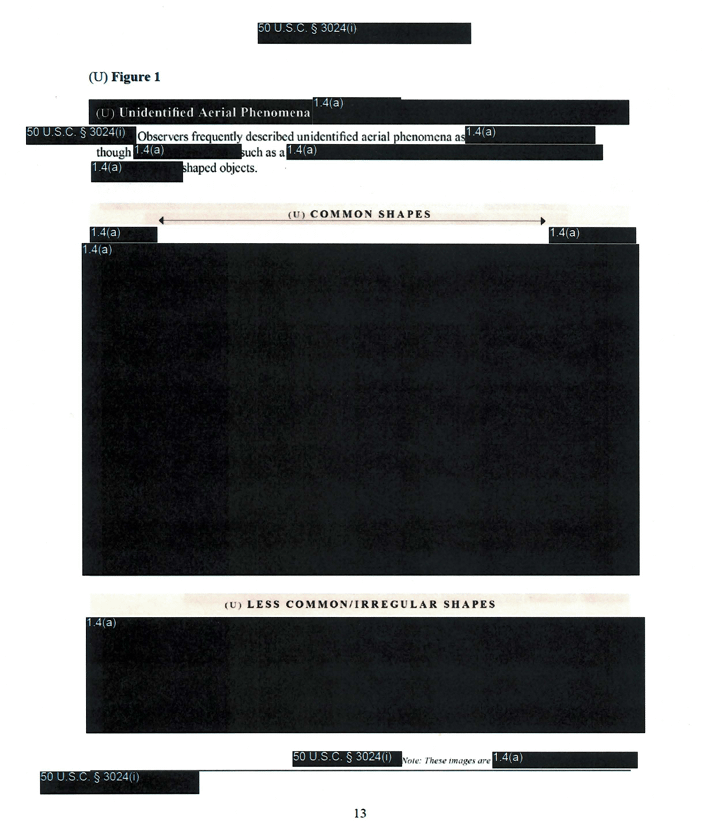Unveiling UFO Secrets: How Overclassification Hides Even the Shapes of UAPs

Unveiling UAP Secrecy: The Hidden Truth Behind UFO Classified Files
The Mysteries of UFO and UAP Encounters
For decades, UFO sightings and UAP encounters have captivated the curiosity of both enthusiasts and skeptics worldwide. These unexplained phenomena have sparked countless debates and fuelled vivid imaginations with tales of alien abductions and extraterrestrial life. However, a significant barrier to understanding these encounters lies in the persistent secrecy surrounding official documentation.
Overclassification: Concealing the Unknown
Government documents relating to UFO sightings are often heavily redacted, obscuring crucial details that could shed light on these mysterious occurrences. Even something as seemingly straightforward as the shape of these unidentified aerial phenomena can be blacked out, leaving both researchers and enthusiasts in the dark.
Navigating the Landscape of UFO Secrecy
The overclassification of UFO and UAP files raises questions about what authorities might be concealing. Why is there such an intense effort to keep even basic information, like shapes and trajectories, under wraps? Is it a matter of national security, or are we dealing with something beyond ordinary comprehension?
The Call for Transparency in UAP Encounters
As public interest in UFO sightings and UAP encounters grows, so too does the demand for transparency. Advocates argue that more open access to these files could lead to greater scientific understanding and potentially uncover the truth behind our most perplexing aerial mysteries.
Stay informed and dive into the enigma that surrounds UFO sightings and UAP encounters. The journey to uncovering the truth is just beginning.




